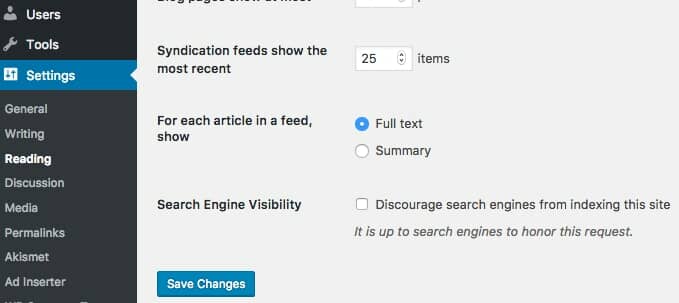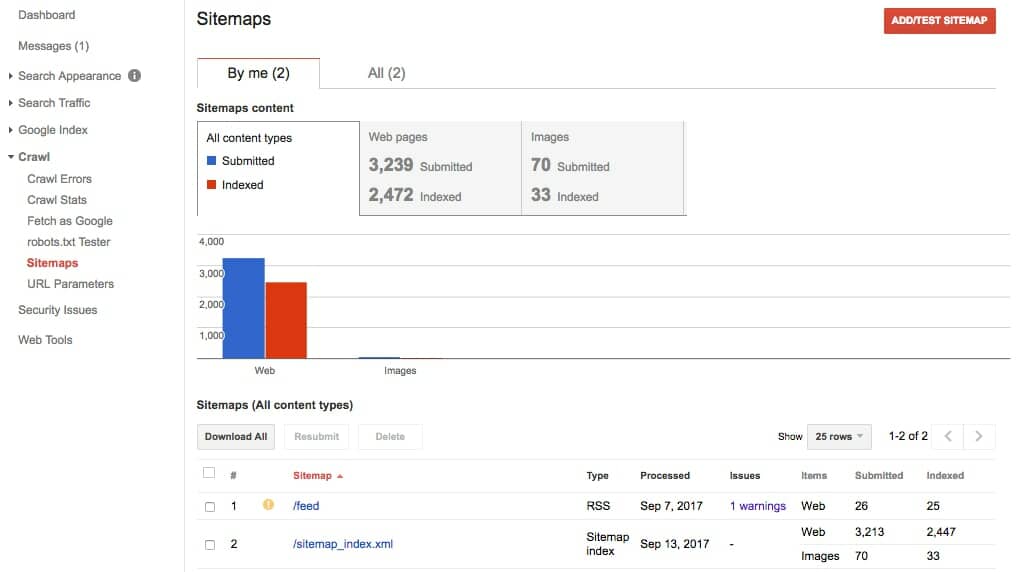Google Search Results–What’s The Trick To Getting In?
I recently got a letter from a reader, saying in part:
…..it seems that I must not have set my site up quite correctly, as my post is still not coming up in any Google search results. I’ve tried everything I can think of (alt text for pics, keywords in the edit snippet bit). It says ‘SEO – good’ in the Yoast plugin) and I have the green bullets! I’m lost.
Anyway before I lose the will to live – is there any chance you can give me some advice on what I may have done wrong?
Ok, here’s a little secret.
If you have a question for me about tech, life, living in Bali (I’ve been in Bali for about 12 years, that’s true), or almost any other damn thing, if you’ll simply imply that your will to live is contingent on me getting you a good answer, you’ve probably found a way to compel me to answer.
So now you know. I’m putty in your hands. Up to a point anyway. I have my pride, or some that remains.
So here was my answer, outlining a powerhouse three-pronged approach, and I can only hope she gets into the search engine results pages (the “SERPs”) as fast as possible. And you do too, for that matter.
Are You In The SERPs Already? Do This
First, enter the URL of your site into the search field at Google.com, e.g. www.digitalmediaminute.com.
You should see your site, most likely as the first result. If it isn’t there then the site isn’t in the Google search results at all, i.e. Google’s index.
There are several things we can do to get a site into the index, or as we say, get the site “indexed”.
Here’s the first thing to check. You just want to make sure the noindex meta tag doesn’t exist in the homepage’s HTML code.
Sound complicated? In WordPress it’s dead simple.
(If you’re using a different Content Management System/CMS like Joomla, Dupal etc. there’s probably a way to in your dashboard.)
Look in Settings>Reading in your WordPress dashboard. The ‘Search Engine Visibility’ box as shown in the image below should be unchecked:

If the box is checked, uncheck it click “Save Changes” and do the steps below.
If it is unchecked then you can do the following. I’d do all three of these things:
1) The easiest thing is to use this link to submit your site to Google: https://www.google.com/webmasters/tools/submit-url
2) Also easy, and good practice: post a link or multiple links to your homepage in Facebook, Twitter, LinkedIn, etc.. New pages on the web are discovered by crawlers coming from other pages and sites, via links.
You can imagine that as important as social media is that crawlers are all over new posts on all the platforms. If they find your link they will follow it to your site and you’ll get indexed.
Caveat: For a new site this will probably take days, even if you do everything I’ll suggest. It could take weeks. Don’t get discouraged and IMPORTANTLY–don’t let it stop you from creating content. Your site will get indexed and you’ll be getting free, targeted search traffic from the SERPs. We just cannot know how fast Google will index it.
Also, you can certainly post links on social media to inner pages on your site. Do so. It is very good practice not just for SEO but to simply get the word out there about your content!
3) Signing up for Google Search Console ( https://www.google.com/webmasters/tools/ ) and verifying your site is also good practice if you’re serious about your site. Then, for new sites I submit a sitemap.
You can either use a WordPress plugin to create your sitemap, or I think the Yoast SEO plugin (which I recommend in my “How to start a blog” post and video) will help you create it.
Here’s the section in Google Search Console where you submit your sitemap. See the red button in the upper right?
 After you submit your sitemap it can still take some time to have your site show up. Check using the method above; enter the URL into Google. As long as you have the box ticked in your WordPress settings as I show you above, the crawlers will find you eventually if you’ve submitted your site to Google, added it to Google Search Console, and submitted a sitemap.
After you submit your sitemap it can still take some time to have your site show up. Check using the method above; enter the URL into Google. As long as you have the box ticked in your WordPress settings as I show you above, the crawlers will find you eventually if you’ve submitted your site to Google, added it to Google Search Console, and submitted a sitemap.
Two more things:
b) Making sure your homepage is in the Google search results is the first step, but you will want all the pages on your site to also be indexed in Google’s SERPs, naturally.
(By the way, I’m talking about Google because 80%–90% of your search traffic will come from Google. Luckily, getting indexed in Bing and other search engines simply involves getting crawled, which you will be sooner or later. Bing for example has an equivalent to Google’s Search Console. I have never submitted a site to it, fwiw. If your site gets into the Google SERPs it will get into the other search engines eventually too. We’re far more interested in Google because of the volume of search traffic it can send us.)
Back to indexing inner pages of your site.
We do not directly control how many of our pages are indexed. It’s Google’s index. But they do want to index your content. The most important thing is making sure your site is crawl-able by search engine robots.
Don’t worry, a standard WordPress installation leaves you in good shape for crawlability and basic SEO…the idea is that once the homepage is indexed the crawlers will look for links on the page to go deeper into your site.
This doesn’t mean you need to link to every post on your site from the home page(!). If you have several posts you will link to them all, in practice, but obviously with hundreds or thousands of posts this becomes impractical. Tags and categories help with all this but no need to overthink it in the beginning.
So the point: having a link to your sitemap on the homepage, even if it is way down out of the way in the footer, is enough to give the crawlers access to everything, making it more likely that all the content you’ve worked to produce ends up in the Google search results.
In closing I’ll say that just as sharing on social media helps your site’s initial indexing, it can only help to get your deep pages indexed too.
Save
Save
Save
Save
Save
Save
Save
Save

 After you submit your sitemap it can still take some time to have your site show up. Check using the method above; enter the URL into Google. As long as you have the box ticked in your WordPress settings as I show you above, the crawlers will find you eventually if you’ve submitted your site to Google, added it to Google Search Console, and submitted a sitemap.
After you submit your sitemap it can still take some time to have your site show up. Check using the method above; enter the URL into Google. As long as you have the box ticked in your WordPress settings as I show you above, the crawlers will find you eventually if you’ve submitted your site to Google, added it to Google Search Console, and submitted a sitemap.